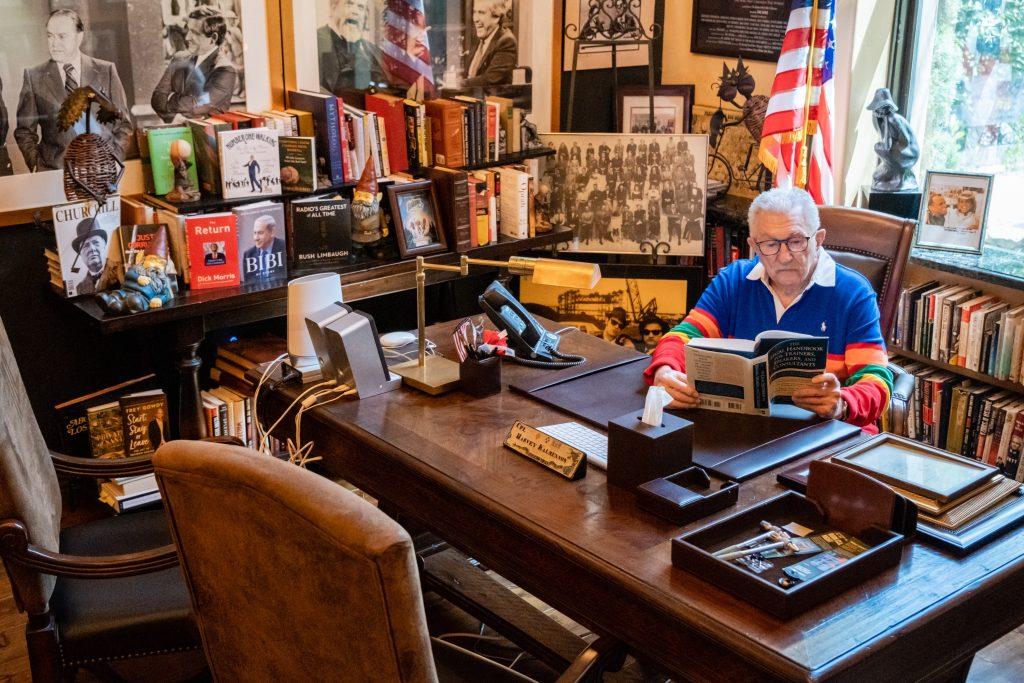(Try to) Always Tell the Truth

Hi everybody, da harv here. Thanks for joining me.
Oftentimes, the toughest assignment for an actor is to remain natural. Many years ago as a young teacher, I was warned by my mentors to try to stay away from asking a student to be themselves. Many students didn’t have a clue to who or what they really were at that stage of life. In fact, I was also told that many are under a misguided conception of what their truth really is.
I was part of an extremely large group who found out the hard way; “If you don’t want to discover and practice your own individual truth, you decrease your chances of experiencing success.” As an aside: while it may not make you happy to discover your truth as a human being, it will definitely give you a tremendous leg up as an actor.
In my travels, it has always managed to blow me away when I encounter an actor in an everyday situation. I mean a chance meeting, at some sort of function, or whatever. I come away from the encounter with a feeling that this guy or gal came across as being extremely shallow, and that they didn’t have the ability to share their true feelings with me.
And then, to meet that same person in the actor/director environment, only to be elated as well as surprised at their total ability to tell the truth through the eyes of another. That “other” person that I refer to is the character they happen to be portraying. What they don’t want to give into is the fact that whatever they may think of as play acting is still a way of telling the truth.
Perhaps one of the greatest actors of all time said it as succinctly as any actor I’ve ever heard, when he responded during an interview, about what his acting method was. “…Look [the actor] in the eye and tell the truth.” The truth was always evident in any role portrayed by that actor, James Cagney.
Many actors who had the opportunity to be directed by Alfred Hitchcock usually were in for a big surprise when they discovered how little direction he offered in a way of acting. One day when Cary Grant asked Hitchcock for some advice on how to interpret the meaning of a particular scene, Hitchcock responded with, “You’re here because you’re right for it.” In his own way, he was telling Cary Grant to be himself. That was the end of the acting direction. Hitchcock sought the truth and that’s what his actors gave him.
During another incident involving Mr. Hitchcock, a visitor to the set asked Hitchcock why he wasn’t looking at his actors during a rehearsal of a particular scene. Hitchcock’s reply, “I can hear what they look like.” His response has become a major part of my professional career. For many years, I have earned my living by listening to actors, being your audience, and trying to feel the truth with my ears. If you tell the truth—good, bad, or indifferent—more often than not, your ability to influence others automatically improves.
And just for a moment:
Late last night, and then early this morning, I found myself listening and watching the latest news updates. I consider myself to be a good listener, and an excellent observer as well. (Many of you out there know what I just said about my skills happens to be the truth. Mine!) I found myself saying to myself:
“If only they’d tell me the truth!”
Harvey Kalmenson